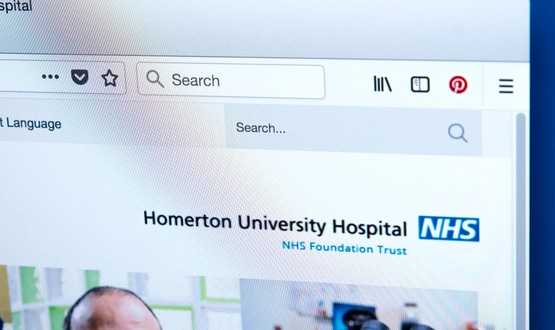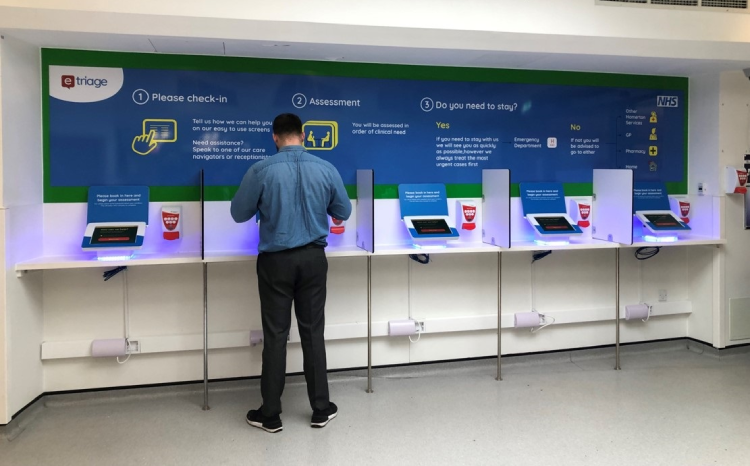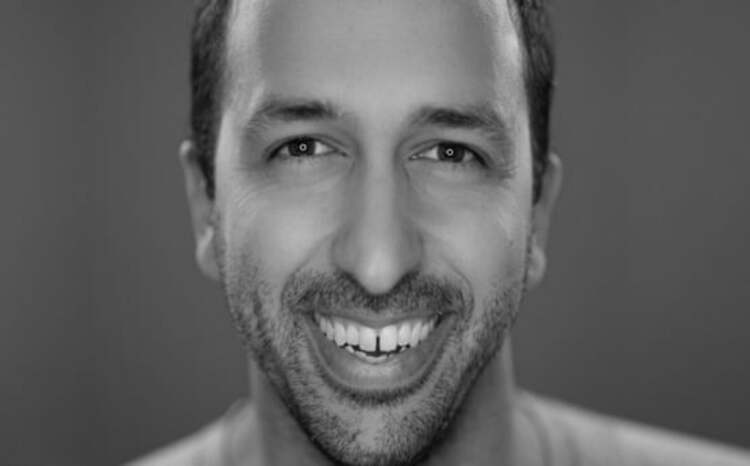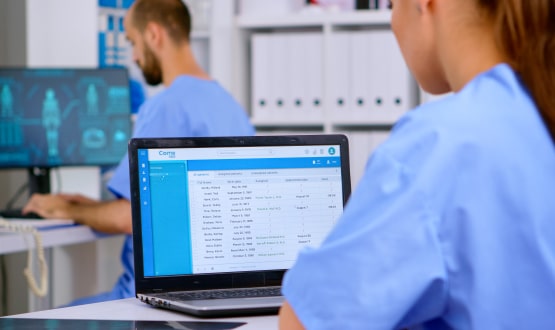Homerton Hospital signs eTriage deal to tackle wait times in A&E
- 14 February 2022

Homerton University Hospital’s emergency department is set to roll out a new electronic check-in service in order to help the hospital meet the government-set target of accessing walk-in patients within 20 minutes.
The service will combines eTriage by eConsult Health with Cerner’s Millennium electronic patient record (EPR) system. Together it is hoped they will help to speed up the process of prioritising as well as triaging patients, and so reduce waiting times and improve patient safety.
The eTriage system will ensure that those patients requiring urgent medical attention are immediately flagged within the hospital’s EPR to ensure prompt treatment. It also frees up clinical time, allowing nurses to focus on communicating with patients, rather than having to carry out time-consuming face-to-face triage. In addition it can screen for covid-19 by asking a series of questions designed to spot potential cases and direct those patients to a red zone to protect staff and other patients.
Jean Lyon, senior nurse in Homerton’s emergency department, said: “We believe this new approach to assessing walk-in patients will have a really positive effect on our ability to treat patients and further improve their experience inside A&E. It will also futureproof the hospital for the next wave of government targets focused on time to assessment, time to recognition of deteriorating patients and total time in the emergency department.”
Homerton also anticipates that the system will also improve data integrity and accuracy by allowing patients to input their own demographic details. It will also reduce any potential transcript errors.
The electronic check-in system uses algorithm-based questions about symptoms and medical history to prioritise patients into five categories (P1-P5). It integrates with the hospital’s workflow and Cerner’s clinical software. The touch-operated user interface uses visual clues such as body maps and simple graphics to make it as easy and intuitive as possible for patients.
For those needing support with the system, care navigators are on hand. While for those who are uncomfortable or unable to use the eTriage, a member of the reception team will still be available.
The end-to-end system can process 350 walk-in patients per day, with a projected average completion time of 5.4 minutes, based on data of patient journeys using eTriage.
Mark Harmon, a practicing A&E doctor and chief strategy officer at eConsult, said: “There is currently unprecedented pressure on A&E departments who have been hit with a wave of post-lockdown walk-ins and have faced one of the busiest and toughest winters on record. Against this backdrop, we are proud to partner with the team at Homerton and our friends at Cerner to deliver a solution that will help support clinicians, hospital staff and patients through this challenging period and beyond.”
Homerton is joining nine other urgent and emergency departments who have deployed eTriage, including St Richard’s Hospital and Chichester Hospital Emergency Departments, and Queen Mary’s Hospital, Sidcup Urgent Treatment Centre.




